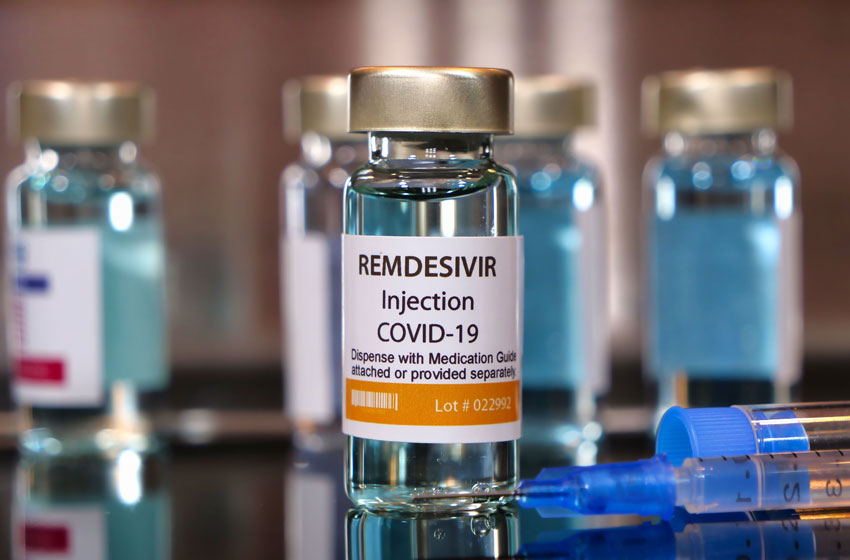Antiviral Drugs Raise Hopes to Fight Covid

Imagine your sense of taste and smell go off; classic signs you have Covid-19. You test positive. What next? Currently, there is not a whole lot that medics can do but wait and see how your body copes with the virus. However, now the US is pumping $3bn into research to develop an antiviral pill to stop the virus in its tracks and, therein, replicating successes witnessed with HIV, Hepatitis C, and influenza. The US Department of Health and Human Services is speeding up clinical trials, hoping one of their experimental drugs is successful. If this goes to plan, then antiviral pills could be ready by the end of the year. In addition, the newly formed Antiviral Program for Pandemics will create an antiviral programme for possible future pandemics.
The bad news is that despite over a year of intense research, no pill exists to stop the virus in its tracks once infected. At the pandemic’s beginning, researchers began to test existing antivirals on people hospitalised with advanced Covid-19. However, the trials failed to show any benefit to the patients due to the advancement of the virus. Experts now know that the best time to block the coronavirus is in the first few days of infection when the virus is replicating, and the immune system has yet to mount a defence.
One antiviral has demonstrated benefits in hospital patients, and that is the drug ‘Remdesivir’. It is seen to shorten the effects and duration of Covid-19 when given intravenously. Last October, it became the only antiviral drug to get full FDA approval to treat Covid. Shortly afterwards, an underwhelmed World Health Organisation recommended against using the drug, especially as its approved formulation doesn’t work via oral ingestion. An antiviral that showed potential was ‘Molnupiravir’, which was recently developed to fight influenza and the Venezuelan Equine Encephalitis virus. The team behind the drug carried out experiments in rodents that impressed Merck so much they are funded its testing in human clinical trials. However, it had no marked effect on Covid, and in April, the parties announced they were scrapping the trials.
Lastly, Pfizer has adapted a molecule initially designed to fight SARS. They are modifying the structure so that it can work against the new coronavirus’s protease. Currently, over 200 Pfizer researchers are working on the project. The new drug had been designed to be taken intravenously, but the Pfizer researchers have succeeded in altering its structure to work as a pill. In their clinical tests, when mice were given the drug orally, it blocked the coronavirus. As a result, Pfizer launched clinical trials in March to study its effect on people and expects to move to later-stage testing in October.
Even if no solution is found, scientists believe that the research has been a good investment. Moreover, the research of today may inadvertently find a cure for tomorrow.







